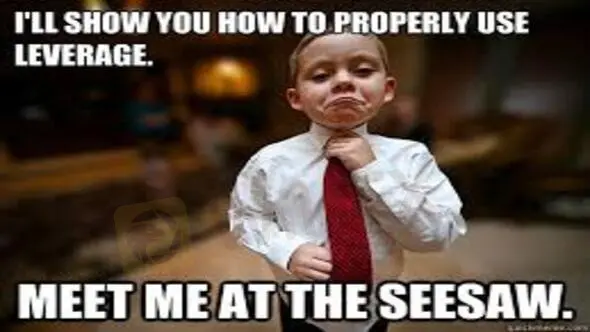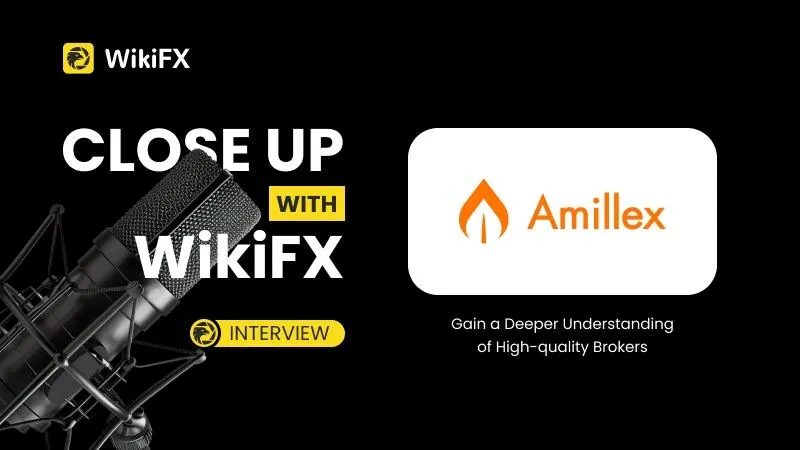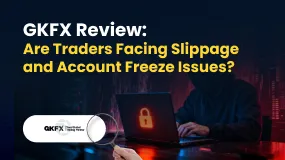简体中文
繁體中文
English
Pусский
日本語
ภาษาไทย
Tiếng Việt
Bahasa Indonesia
Español
हिन्दी
Filippiiniläinen
Français
Deutsch
Português
Türkçe
한국어
العربية
What do Cultural Differences and Trading Behaviours have in Common?
Abstract:When speaking about different nations, one must always have their culture in mind because it is one of the main characteristics that makes a nation unique. Ethnic make-up, social habits, language, religion, health, and education systems are just some of the differentiators that set one country’s culture apart from another.

An investors attitude to risk is usually associated with their wealth, job security, and inflation. Having this in mind, you might conclude that two people from entirely different cultures and countries will invest similarly if their economic situation is the same. And you would be right. The whole concept of investment starts within communities and individual households, built on the foundation of the societal norms that surround them and constitute the fabric of their culture.
A study by Mei Wang and Marc Oliver Rieger, professors in behavioural finance, shows that cultural background influences investment behaviour, even when inflation rates and wealth are taken into account.
According to Wang and Rieger, the more impatient the investors are, the higher the value premium in a country is. Russia and Romania, for example, are such countries. Anglo-Saxons are willing to pay more for equities. Traditionally some societies tend to be quite risk averse than others, which is reflected in the make-up of the overall economy. “Ego-traders” are usually situated in the United States. More patient ones live in Germany and the Nordics, where there are more value traders who prefer to wait for more significant returns.
Peoples expectations and the idea of value or value creation have changed with time. Yet culturally, many societies still favour traditional investment tools as a way to preserve or create wealth.
The most historical of all emotional connections between cultures and specific asset classes is the one that exists with gold. The demand for gold trading has moved East over the last decade, and this is primarily due to the cultural affinity that exists between precious metal and countries such as India and China, where gold is considered one of the safest stores of value.
A lot of capital in India is stuck in hard assets because thats the traditional and cultural mindset of the society there. The culturally defined beliefs in the country drive high demand for gold as an asset class, whether it is traded as physical gold or as a CFD (contract for difference) on the precious metal. This cultural affinity to gold is also similar in China. It is instrumental in the Lunar New Year, and 24-carat jewelry featuring the zodiac sign is frequently given as presents, both for its symbolism and centuries-old value.
Superstition is another emotional factor influencing the investment. In the Western world, stock market returns are always lower on Friday the 13th. A similar situation can be observed in East Asian cultures, primarily China, with the number four – investors avoid all sorts of trades on the fourth day of every month.
The coronavirus pandemic has already played out differently around the world according to individual cultures. The majority of investors globally have responded by increasing their trading activity significantly, not least because most people were quarantined at home for months, with more time on their hands to trade.
Multi asset broker Exness offers some products by region depending on geographic behaviour, popular asset classes, and even religion. Its swap-free trading accounts, for example, are explicitly created for traders of the Islamic faith. According to the Koran, they cannot take part in any trading activity that accumulates interest. These particular accounts, however, allow clients in some of Exnesss most essential regions to invest freely without compromising their faith.
According to Stanislav Bernukhov, market analyst at Exness:
“Though some specific behavioural patterns may be visible through different countries, the financial markets liberate people, allowing them to achieve success no matter what education or background one might have. Mr. Market doesnt care whether you hold a CFA license or graduated from the Ivy League – you just need to have the skills and knowledge which comes from persistent learning and usually has nothing to do with nationality.”
Investors don‘t necessarily have something to learn from their counterparts in other countries, but understanding cultural differences in trading behaviour can certainly point them to opportunities they haven’t considered before.

Disclaimer:
The views in this article only represent the author's personal views, and do not constitute investment advice on this platform. This platform does not guarantee the accuracy, completeness and timeliness of the information in the article, and will not be liable for any loss caused by the use of or reliance on the information in the article.
Read more

Close Up With WikiFX —— Take A Close Look At Amillex
With the rapid growth of global multi-asset investment markets, the differences among regional forex markets have become increasingly significant. As a forex broker information service platform operating in more than 180 countries and regions, WikiFX is dedicated to helping investors in every market identify reliable brokers. Therefore, we have launched an exclusive interview series —— "Close Up With WikiFX", offering in-depth conversations with local brokers. This series aims to dive deep into frontline markets and provide first-hand information, helping investors gain a clearer and more comprehensive understanding of quality brokers.

Seacrest Markets Exposed: Are You Facing Payout Denials and Spread Issues with This Prop Firm?
Seacrest Markets has garnered wrath from traders owing to a variety of reasons, including payout denials for traders winning trading challenges, high slippage causing losses, the lack of response from the customer support official to address withdrawal issues, and more. Irritated by these trading inefficiencies, a lot of traders have given a negative review of Seacrest Markets prop firm. In this article, we have shared some of them. Take a look!

GKFX Review: Are Traders Facing Slippage and Account Freeze Issues?
Witnessing capital losses despite tall investment return assurances by GKFX officials? Do these officials sound too difficult for you to judge, whether they offer real or fake advice? Do you encounter slippage issues causing a profit reduction on the GKFX login? Is account freezing usual at GKFX? Does the United Kingdom-based forex broker prevent you from accessing withdrawals? You are not alone! In this GKFX review guide, we have shared the complaints. Take a look!

Is Seaprimecapitals Regulated? A Complete Look at Its Safety and How It Works
The straightforward answer to this important question is no. Seaprimecapitals works as a broker without proper regulation. This fact is the most important thing any trader needs to know, because it creates serious risks for your capital and how safely the company operates. While this broker offers some good features, like the popular MetaTrader 5 platform and a low starting deposit, these benefits cannot make up for the major risks that come from having no real financial supervision. This article will give you a detailed, fact-based look at Seaprimecapitals regulation, what the company claims to do, the services it provides, and the clear differences between official information and user reviews. Our purpose is to give you the information you need to make a smart decision about the risks and benefits of working with this company.
WikiFX Broker
Latest News
Interactive Brokers Expands Access to Taipei Exchange
Simulated Trading Competition Experience Sharing
WinproFx Regulation: A Complete Guide to Its Licensing and Safety for Traders
Axi Review: A Data-Driven Analysis for Experienced Traders
INZO Regulation and Risk Assessment: A Data-Driven Analysis for Traders
Pepperstone CEO: “Taking Down Scam Sites Almost Every Day” Becomes “Depressing Daily Business”
The CMIA Capital Partners Scam That Cost a Remisier Almost Half a Million
Is Seaprimecapitals Regulated? A Complete Look at Its Safety and How It Works
eToro Cash ISA Launch Shakes UK Savings Market
Cleveland Fed's Hammack supports keeping rates around current 'barely restrictive' level
Currency Calculator



